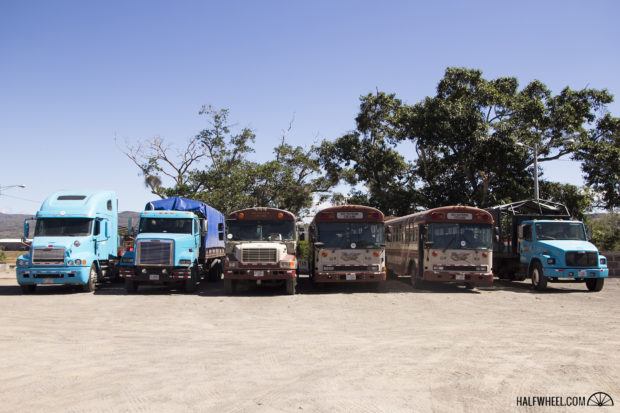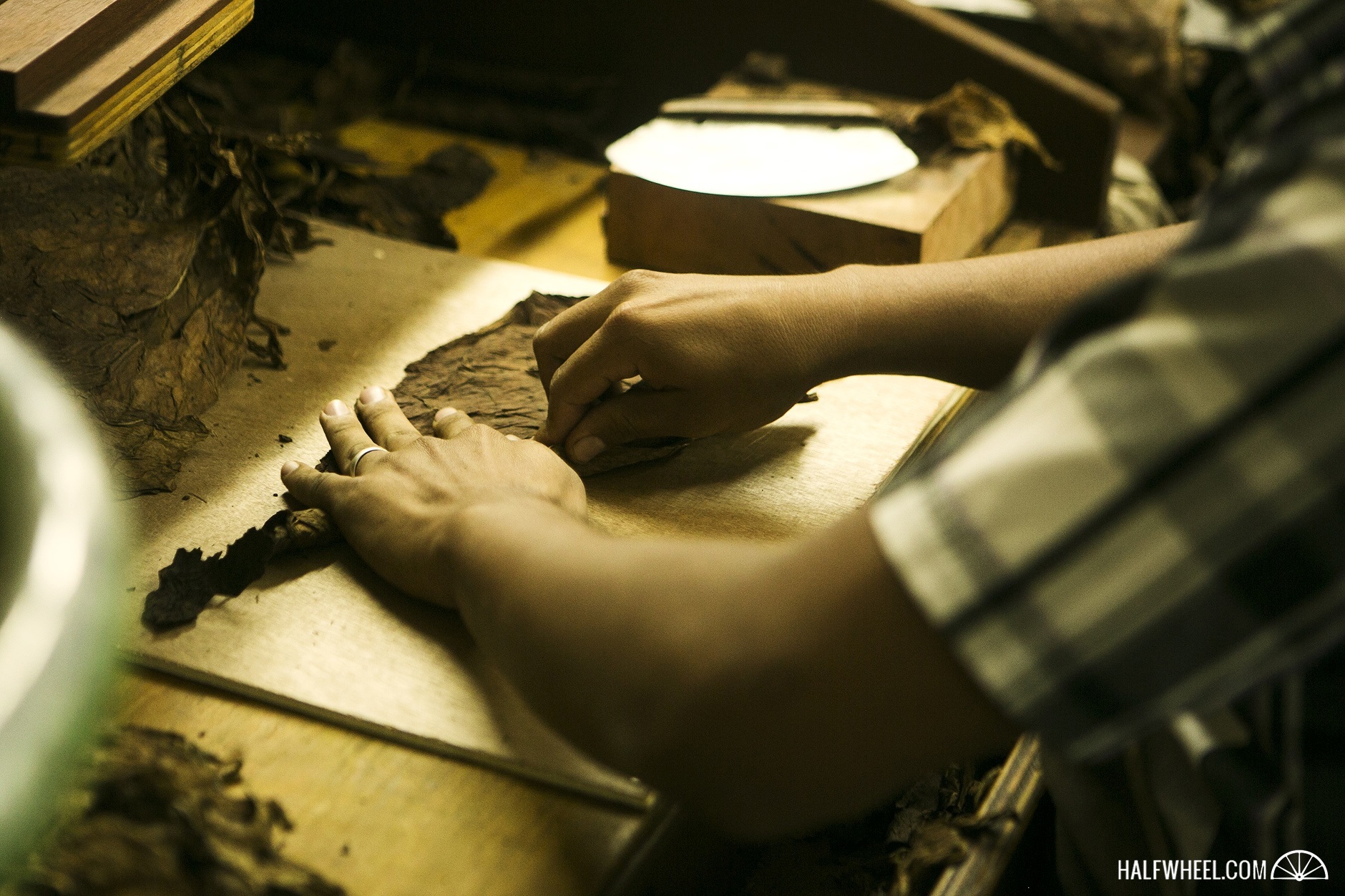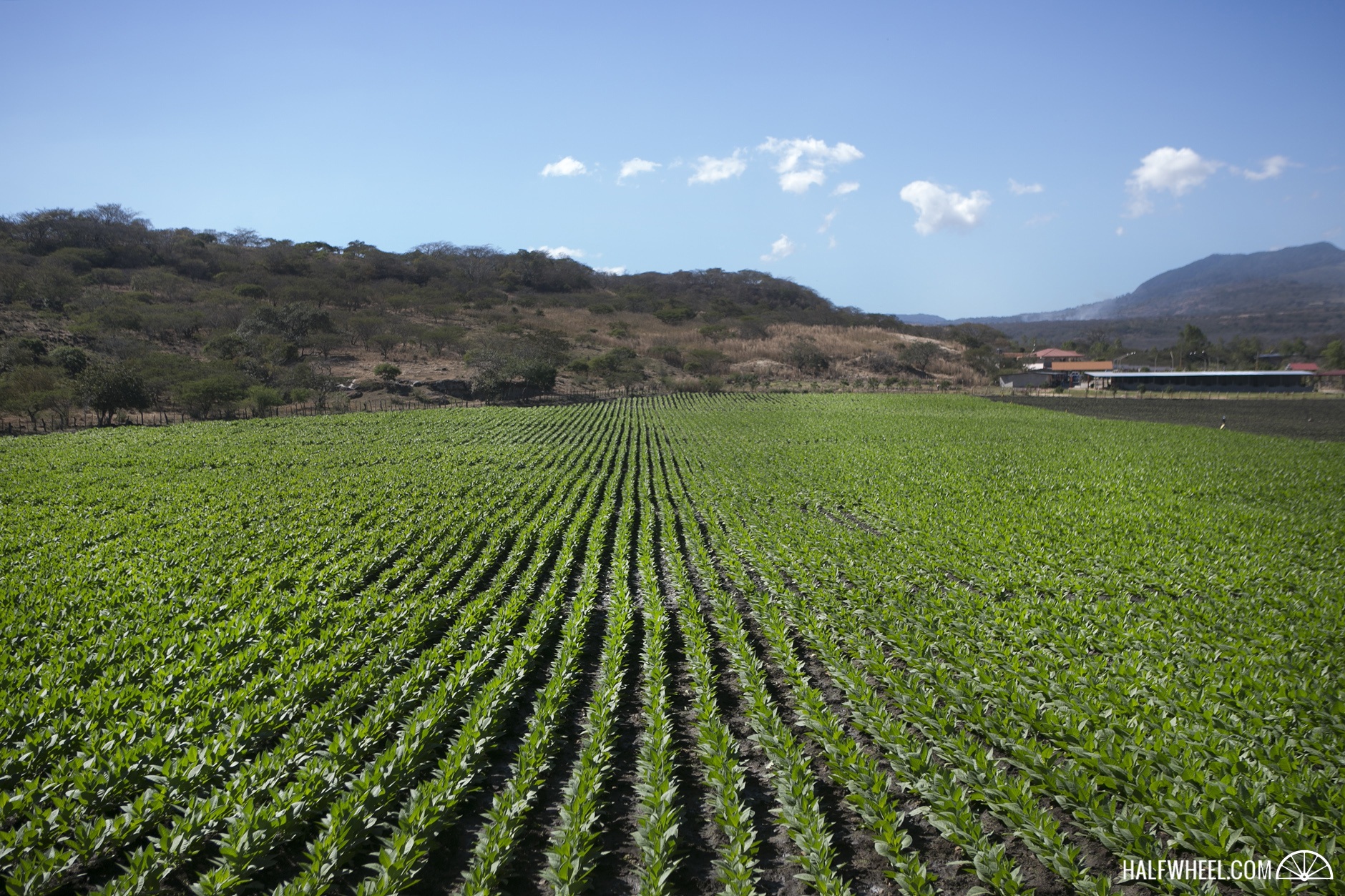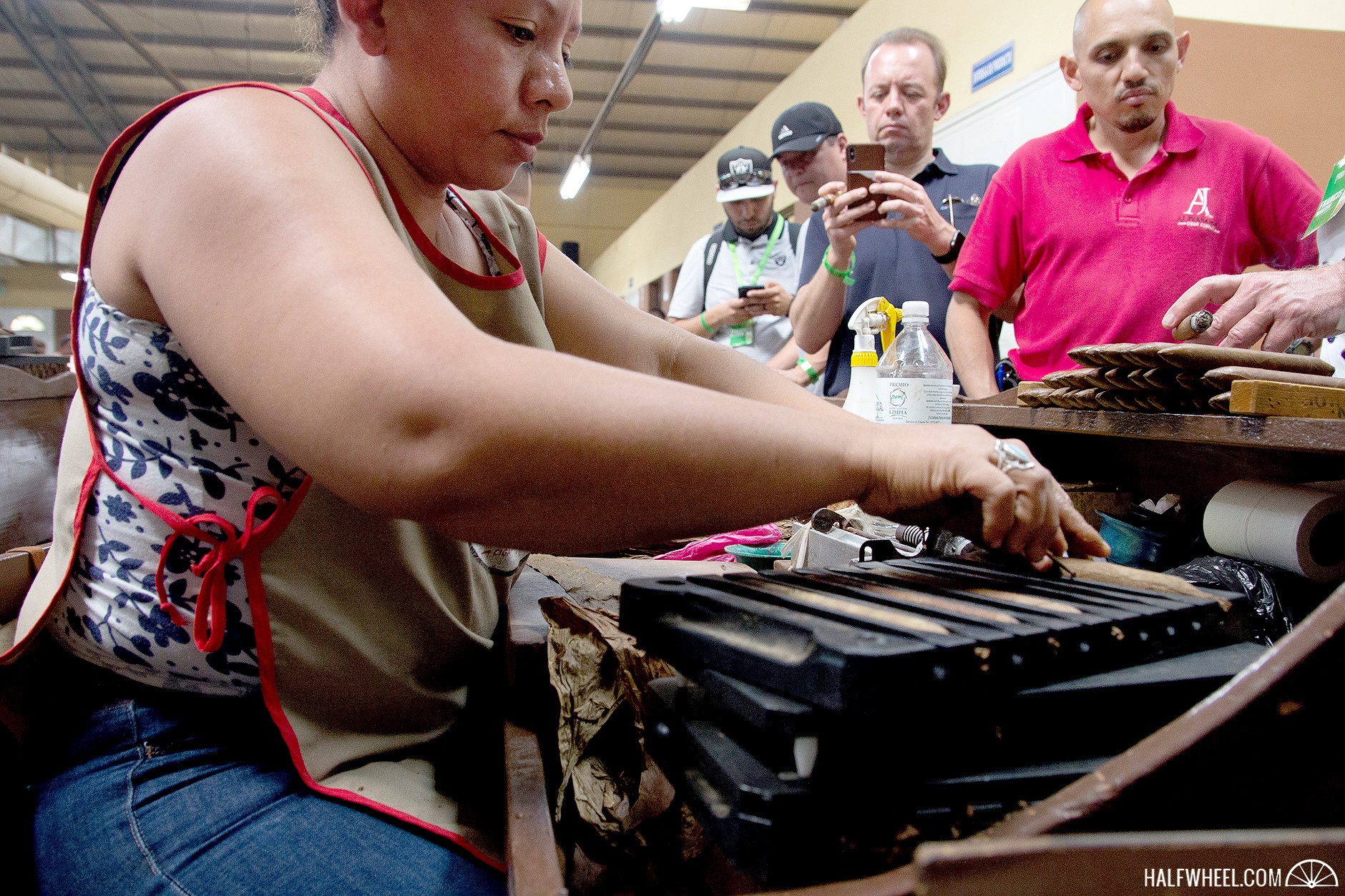After nearly two months of protests, deaths and failed negotiations, the crisis in Nicaragua has hit a new level as far as the cigar industry is concerned.
Over the weekend, the Salvadoran Association of International Freight Carriers (ASTIC) publicly announced that it was no longer sending cargo on Nicaraguan highways and urged others to do the same. This comes as a result of more than 6,000 trucks being stranded throughout the country by barriers set-up by those opposing the government of the country’s president Daniel Ortega.
The situation started in April when Ortega’s government announced that it would overhaul the country’s pension system, including reducing payouts by 5 percent. That led to a series of protests, largely organized by students. Those protests turned deadly as both the police, as well as pro-Oretga counterprotestors—and allegedly people Ortega paid—fought with the original protestors.
In a bid to end the protests, Ortega announced that he would not overhaul the pension system. By that point the government claimed 10 people had died—newspapers put the number at three times that—and the protest had morphed into a referendum on Ortega himself.
Daniel Ortega has been the on-again, off-again leader of Nicaragua since the early 1980s. It started following the overthrowing of the Somoza regime by the Sandinista National Liberation Front (FSLN) in 1979, eventually becoming president in the 1980s. He lost power in 1990 and lost subsequent elections due to the Piñata scandal, which saw the FSLN seized upwards of $700 million in state property to give to its party officials.
Ortega returned to power in 2007 after winning 38 percent of the vote in the 2006 election, which was less than he received in the 2001 election, which he lost.
Since then Ortega has consolidated power through a variety of measures including taking power away from local governments, constitutional amendments, controlling media and alleged voter fraud.
The Catholic church has been brought into mediate talks between Ortega and the protestors, but so far it has resulted in no resolution. At this point, many believe the opposition will accept nothing less than Ortega’s resignation, something the 71-year-old is not inclined to do. The violence has escalated, now at 146 deaths and with a growing amount of deadly weapons and military involvement.
In recent weeks, the protestors have begun building roadblocks—largely out of stone—to stop traffic. It serves as a functional wall for protection but is also putting mounting pressure from business on the Ortega government to return the negotiating table.
That’s likely to be intensified by the cigar business, one of Nicaragua’s largest industries.
Cigar factories, which are located almost excluisvely in the northern city of Estelí, are now feeling the affects of the violence, which had previously been most intense in the south near the capital of Managua.
Nearly everyone is being affected by the roadblocks, particularly on the Pan-American highway that stretches from Estelí, where cigars are rolled, to Managua. There is at least one roadblock on the southern end of the city, one which the police, and allegedly military, recently tried to remove.
“Shipping is delayed but happening. It can take a truck one to two days to make the delivery and back,” said Juan Ignacio Martínez, executive president of Joya de Nicaragua. For context, prior to the roadblocks, the drive could be done in less than two hours by car or three hours by bus.
There are varying reports about the effectiveness of other shipping methods.
Cory Bappert, vp of Oliva, told halfwheel his company was still having success transporting cargo from Estelí to Honduras and then exporting out of Honduras. However, he acknowledged that in recent weeks Oliva has tripled its shipments in order to hedge against future delays.
Flights to Nicaragua—which have been arriving nearly empty—are being reduced, which means even if a company gets its shipment to Managua, it may take longer to get it out of the airport.
Beyond shipping, the problems are very real in and around factories.
Fabrica Oveja Negra—the factory for Black Label Trading Co. and Black Works Studio—is located outside of one of the roadblocks, cut off from the rest of the city. That location has led to armed men at the factory door.
“Yesterday masked men, who guard the nearby blockade, came to our factory carrying weapons and demanded that we turn over any guns we had,” said Angela Brown, who co-owns the factory with her husband James, in an email to halfwheel. “They demanded entrance to search the premises for any that we might be hiding. Our factory manager said we had no weapons and that if they wanted to search the factory they would need to leave there guns at the entrance as it would upset our staff. Surprisingly they agreed and After their search ended, with no weapons, they left the property.”
Rocky Patel, who co-owns TAVICUSA in Estelí, told halfwheel that there were eight people shot outside his factory last week, believed to be by pro-Ortega supporters and/or government. In addition, he said that upwards of 50 percent of his factory is not showing up to work.
Half the factory is better than some. The STG Estelí factory, which is located at the southernmost point of the city near the major roadblock, has been closed three times, including yesterday, due to the violence.
Some companies responded but refused to do it on the record.
There is a fear that speaking out against Ortega could be problematic if he—or his wife, the vice-president—survive the protests.
Beyond problems with making and shipping cigars, life in Estelí is quite different.
“Opposition protesters are going door to door of private homes and businesses ‘asking’ for the owners and security personnel to surrender their weapons to them as they anticipate the government will move on them tonight to open the roadblocks,” said Skip Martin, co-owner of Fabrica de Tabacos NicaSueño S.A., on Facebook.
The northern town, once a hotspot in the Nicaraguan revolution—had become an economic powerhouse for the country due to its cigar industry. Now—admist growing violence—gas is scarce, food is intermittent and schools are partially shut down.
“Life is not normal but we are still comfortable enough to walk around town and go about our daily lives,” said Brown.
An earlier version of this article incorrectly identified Black Label Trading Co. as Black Works Trading Co.




